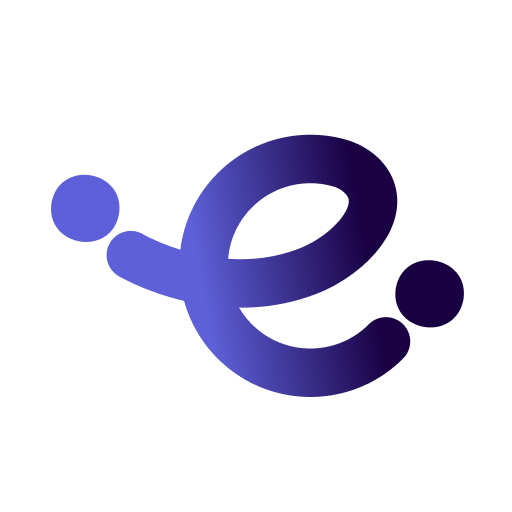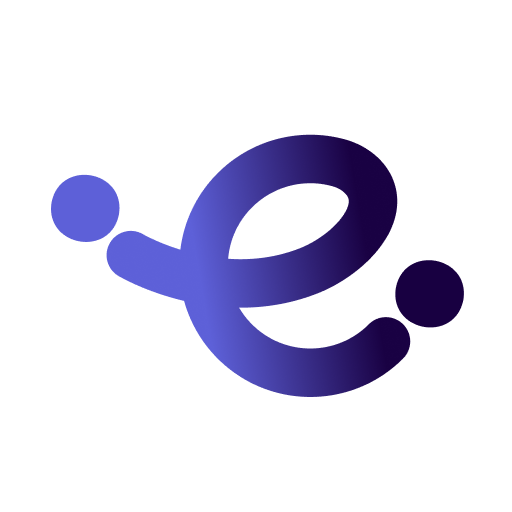In the fast-paced world of today, mobile apps are a fundamental part of our daily lives, which makes app development more crucial than it ever was before. With a wide range of frameworks, however, choosing the right one for your project can be a difficult task.
Whether it is an app for a single platform or one that aims for cross-platform compatibility, the selected framework impacts the development time, cost, performance, and overall user experience.
By understanding the strengths and limitations of each framework type, you can make an informed decision that aligns with the unique needs of your app, helping to ensure its success in a competitive market.
Types of App Development Frameworks

There are several approaches that can be taken for app development depending on goals, resources, and the nature of the app. The choice of the development framework can play an important role in determining how efficiently the app can be developed, its overall performance, and its compatibility across platforms.Broadly, software development for mobile apps can be categorized into three main types:
Native Frameworks
Native frameworks are designed for building apps specifically for one operating system, either Android or iOS. Native frameworks allow developers to take full advantage of the features and capabilities of the respective operating systems.
-
Performance: Native apps tend to run faster and more smoothly because they are optimized for a specific platform.
-
Access to Device Features: Full access to the device's hardware features, like GPS, camera, accelerometer, and more.
-
Better UI/UX: Native apps provide a consistent, platform-specific user interface and experience.
-
Security: High security due to direct interaction with the device’s operating system.
Hybrid Frameworks
Hybrid frameworks are a combination of both native and web technologies. Hybrid frameworks allow developers to write code only once and implement şt across multiple platforms, including both Android and iOS.
Hybrid apps are built using web technologies like HTML, CSS, and JavaScript, but they run in a native container, which allows access to some native device features.
-
Cost-Effective: One codebase for multiple platforms, saving both time and money.
-
Faster Development Time: Faster to develop since the code can be reused across platforms.
-
Easier Maintenance: Since there is only one codebase, maintaining and updating the app is more efficient.
Cross-Platform Frameworks
Through cross-platform frameworks, developers are able to write code only once and use it across multiple platforms, but unlike hybrid frameworks, they aim to provide a near-native performance.
Cross-platform frameworks generate native code for each platform, which leads to apps that are faster and more responsive than hybrid apps.
-
Single Codebase: Like hybrid frameworks, only one codebase is needed for multiple platforms.
-
Performance: Better performance compared to hybrid frameworks due to near-native code generation.
-
Consistency: Ensures a consistent user experience across platforms while maintaining native-like performance.
Top 9 Programming Frameworks for App Development

Choosing the right framework is crucial for any app development project. Each different framework comes with its own set of features, advantages, and potential drawbacks.
1. React Native

React Native is one of the most popular cross-platform frameworks developed by Facebook. This framework allows developers to write mobile apps using JavaScript and React, while still achieving a near-native experience.
-
Allows the reuse of code across platforms.
-
Strong community support and a large number of libraries.
-
High-performance with native rendering.
2. Flutter

Flutter is developed by Google and is a UI toolkit to build natively compiled applications for mobile, web, and desktop from a single codebase. It uses the Dart programming language and provides an expressive, flexible UI.
-
Rich set of pre-designed widgets.
-
High performance due to direct compilation to native ARM code.
-
Strong community and good documentation.
3. Xamarin

Xamarin is a cross-platform mobile development framework that uses C# and .NET to create apps for Android and iOS. It provides tools for writing shared code and allows direct access to platform-specific APIs.
-
Full access to native APIs.
-
Code sharing between mobile and desktop applications.
-
Good for C# developers.
4. Ionic

Ionic is a hybrid framework based on Angular that allows developers to build mobile apps using web technologies. It also provides native-like performance and functionality.
5. Apache Cordova

Apache Cordova is an open-source mobile development framework that allows developers to build native-like apps using HTML5, CSS, and JavaScript.
6. jQuery Mobile

jQuery Mobile is a touch-optimized web framework used to create responsive mobile apps. This framework focuses on building apps that work across all devices.
7. NativeScript

NativeScript is an open-source framework that allows developers to build native apps for iOS and Android using JavaScript, TypeScript, or Angular.
8. Sencha Ext JS

Sencha Ext JS is a JavaScript framework for building enterprise-level web and mobile applications. It is used for creating apps with complex UIs.
-
Rich set of UI components.
-
Supports both mobile and web applications.
-
Comprehensive documentation and enterprise support.
9. Onsen UI

Onsen UI is a popular framework for building mobile apps using web technologies. It is compatible with Angular, React, and Vue.
-
Mobile-first approach.
-
Pre-built UI components.
-
Integrates well with other frameworks.
How to Choose the Right Framework for Your App Development

Choosing the right framework for app development depends on several factors, like the target platform, the complexity of the app, development time, and available resources.
|
Factor |
Consideration |
|
Target Platform |
If you’re building for a single platform, native frameworks may be ideal. For multiple platforms, consider hybrid or cross-platform frameworks. |
|
App Complexity |
For simple apps, hybrid frameworks may suffice. For complex, feature-rich apps, native or cross-platform frameworks are more suitable. |
|
Budget and Time |
Hybrid and cross-platform frameworks tend to save time and cost, but native apps offer higher performance. |
|
Development Team |
If your team is experienced with JavaScript, React Native, or Ionic may be the way to go. If they are familiar with C#, Xamarin could be a better choice. |
FAQs

Which framework is best for app development?
There is no one-size-fits-all answer. The best framework depends on the project requirements. React Native and Flutter are popular for cross-platform apps, while Swift (iOS) and Kotlin (Android) are excellent choices for native apps.
How do I choose between native and hybrid frameworks?
If your app requires high performance and native access to device features, a native framework is the way to go. For a faster, more cost-effective development process across multiple platforms, a hybrid framework would be a better option.
Which framework is best for iOS development?
For iOS development, Swift is the most commonly used framework as it provides the best performance and native features. If you're looking for a cross-platform option, React Native or Flutter would also work well for iOS.
Is Python or C++ better for app development?
For mobile app development, C++ is typically used for performance-intensive tasks, but it is not commonly used for app development itself. Python is more often used for backend development and scripting rather than building mobile apps.
Which framework is best for cross-platform development?
React Native and Flutter are among the best cross-platform frameworks available today. They both provide near-native performance and a strong community of developers, making them great choices for building apps across both iOS and Android.
















